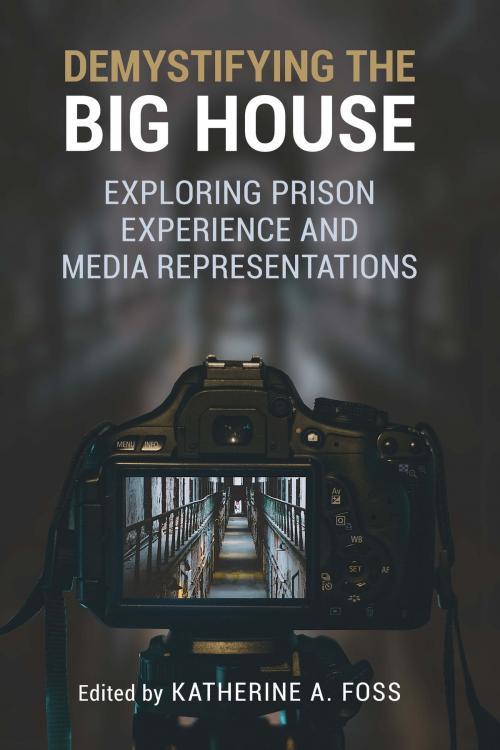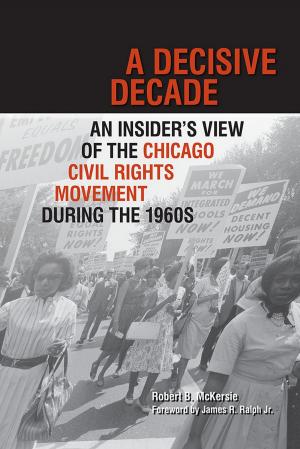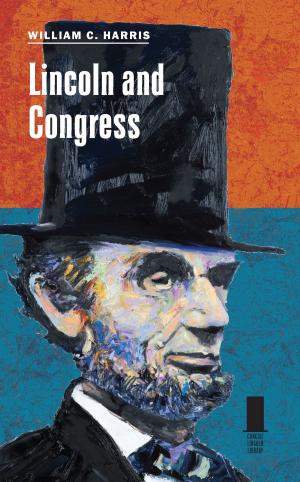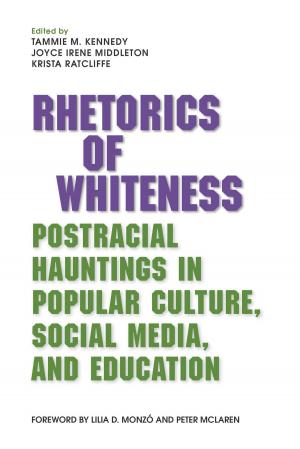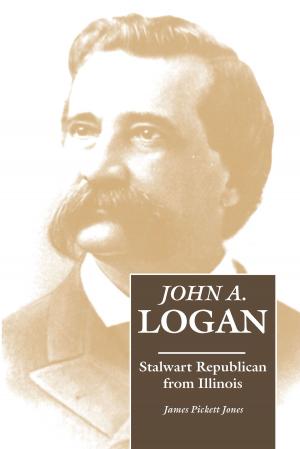Demystifying the Big House
Exploring Prison Experience and Media Representations
Nonfiction, Social & Cultural Studies, Social Science, Crimes & Criminals, Penology, Criminology| Author: | Emily Plec, Adina Schneeweis, Amanda Barnes Cook, Sarah Fenstermaker, Valerie Jenness, J. David Wolfgang, Pauline Matthey, Kathryn M. Whiteley, Meredith Huey Dye, S. Lenise Wallace, Rebecca Kern, Kalen Churcher, Joy Jenkins, L. Clare Bratten, Le’Brian A. Patrick | ISBN: | 9780809336586 |
| Publisher: | Southern Illinois University Press | Publication: | July 6, 2018 |
| Imprint: | Southern Illinois University Press | Language: | English |
| Author: | Emily Plec, Adina Schneeweis, Amanda Barnes Cook, Sarah Fenstermaker, Valerie Jenness, J. David Wolfgang, Pauline Matthey, Kathryn M. Whiteley, Meredith Huey Dye, S. Lenise Wallace, Rebecca Kern, Kalen Churcher, Joy Jenkins, L. Clare Bratten, Le’Brian A. Patrick |
| ISBN: | 9780809336586 |
| Publisher: | Southern Illinois University Press |
| Publication: | July 6, 2018 |
| Imprint: | Southern Illinois University Press |
| Language: | English |
Essays in this volume illustrate how shows such as Orange Is the New Black and Oz impact the public’s perception of crime rates, the criminal justice system, and imprisonment. Contributors look at prison wives on reality television series, portrayals of death row, breastfeeding while in prison, transgender prisoners, and black masculinity. They also examine the ways in which media messages ignore an individual’s struggle against an all too frequently biased system and instead dehumanize the incarcerated as violent and overwhelmingly masculine. Together these essays argue media reform is necessary for penal reform, proposing that more accurate media representations of prison life could improve public support for programs dealing with poverty, abuse, and drug addiction—factors that increase the likelihood of criminal activity and incarceration.
Scholars from cultural and critical studies, feminist studies, queer studies, African American studies, media studies, sociology, and psychology offer critical analysis of media depictions of prison, bridging the media’s portrayals of incarcerated lives with actual experiences and bringing to light forgotten voices in prison narratives.
Essays in this volume illustrate how shows such as Orange Is the New Black and Oz impact the public’s perception of crime rates, the criminal justice system, and imprisonment. Contributors look at prison wives on reality television series, portrayals of death row, breastfeeding while in prison, transgender prisoners, and black masculinity. They also examine the ways in which media messages ignore an individual’s struggle against an all too frequently biased system and instead dehumanize the incarcerated as violent and overwhelmingly masculine. Together these essays argue media reform is necessary for penal reform, proposing that more accurate media representations of prison life could improve public support for programs dealing with poverty, abuse, and drug addiction—factors that increase the likelihood of criminal activity and incarceration.
Scholars from cultural and critical studies, feminist studies, queer studies, African American studies, media studies, sociology, and psychology offer critical analysis of media depictions of prison, bridging the media’s portrayals of incarcerated lives with actual experiences and bringing to light forgotten voices in prison narratives.
